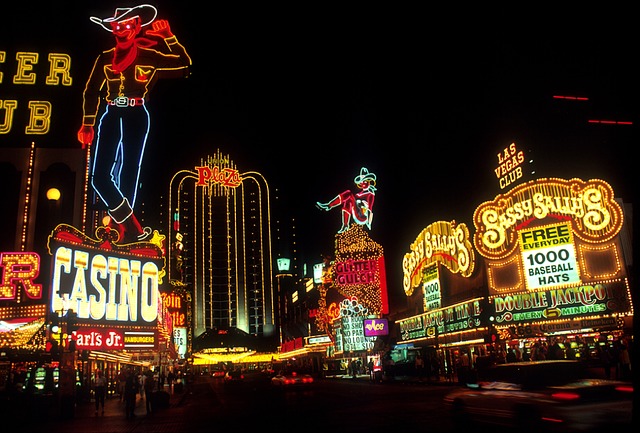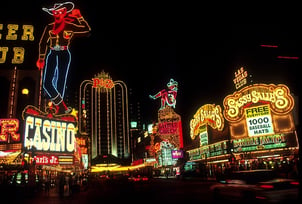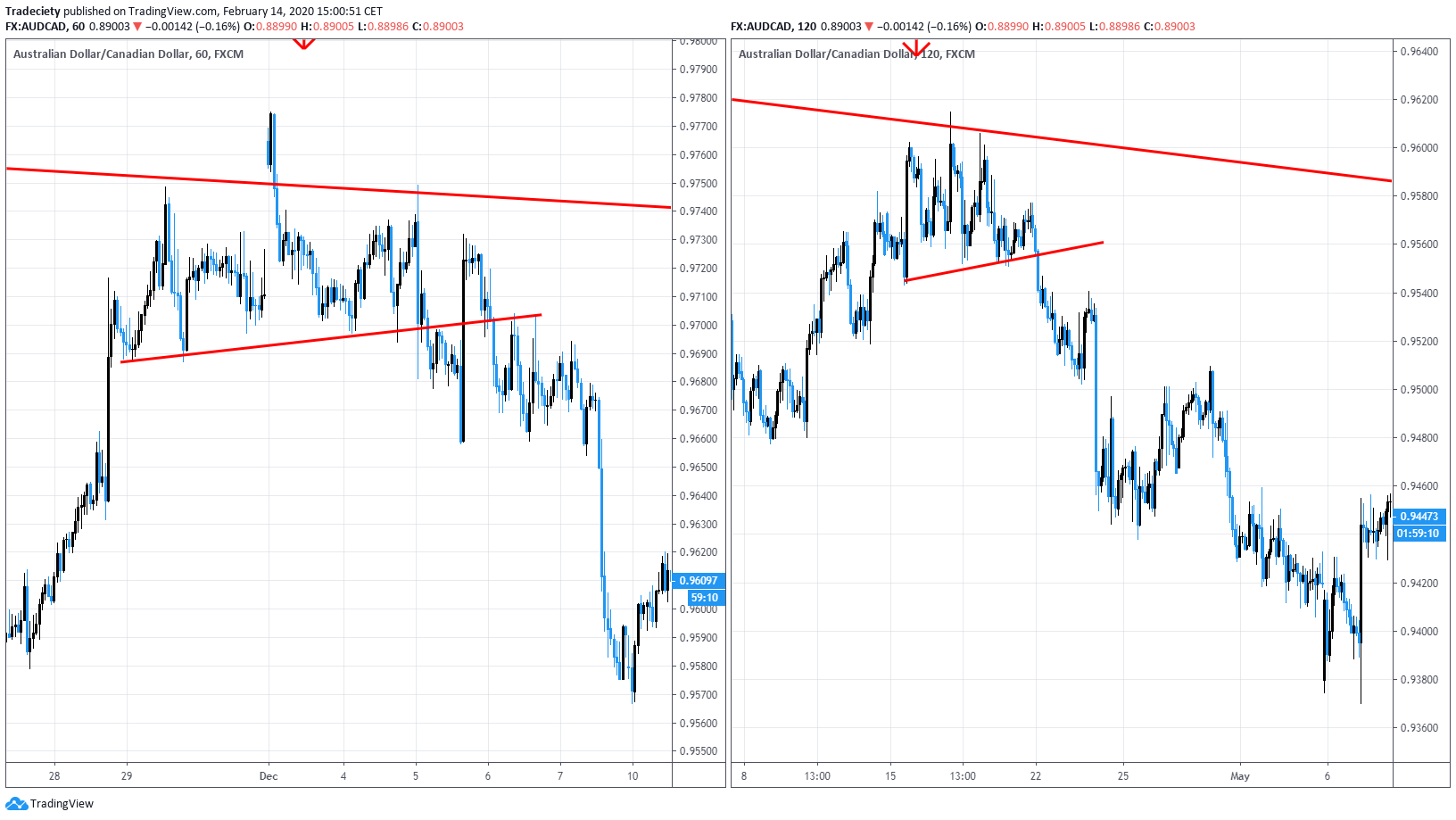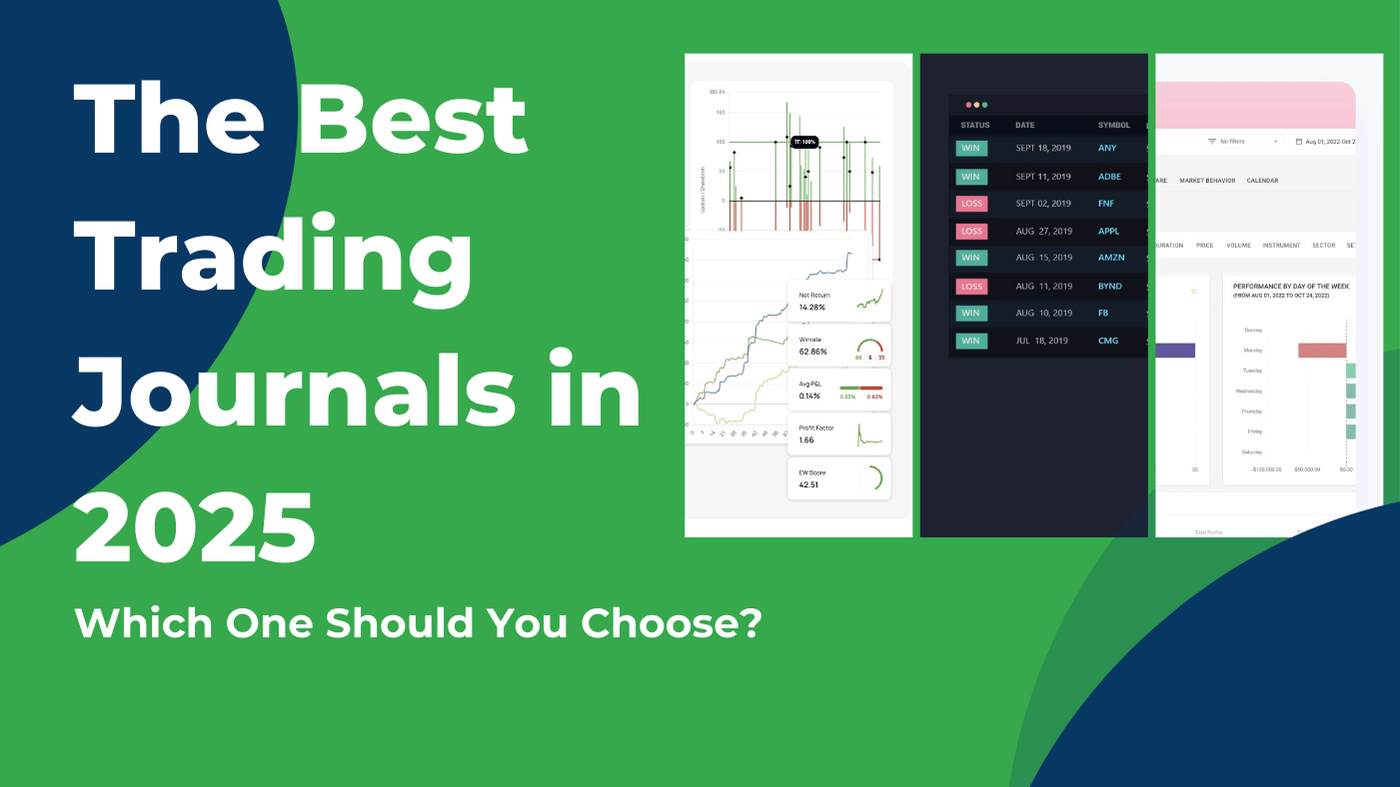3 min read
Scientist Discovered Why Most Traders Lose Money – 24 Surprising Statistics
“95% of all traders fail” is the most commonly used trading related statistic around the internet. But no research paper exists that proves this...

Traders don’t like it when their profession is compared to gambling (and vice versa) because they believe that in trading skills determine if you come out ahead, whereas gambling is seen as a pointless endeavor where skills do not exist and only the desperate people are hoping to hit the jackpot.
However, in today’s world, the stock market has become a topic that you can read about in the news daily or watch 24/7 TV coverage of what is happening in the markets around the world. The way the stock market and trading is displayed and talked about has shifted significantly from sophisticated investing to sensation driven entertainment.
The implications of such a presentation and the impacts on the mindset and on the trading approach can be significant, without people even knowing how and why their trading decisions are being manipulated and impacted. The following article has been inspired by a chapter from the book “The indomitable investor : why a few succeed in the stock market when everyone else fails” where the parallels between the world of casinos and the stock market are compared.

When people go to the casino, they often have a very detailed game-plan about how disciplined they are going to play, what their risk limit is, how much they are willing to lose at most and plans about leaving with more than what they came with. However, the casino managers are aware of the ‘preparation’ of the average gambler and they found ways to trick them into abandoning their good intentions.
Although trading and investing is a very hard thing to do successfully, the way the media presents investing in the stock market is comparable to a large scale casino where the only goal is to create attention, excitement and awaken the hopes of people who are looking for a fast buck. The following attributes of the mainstream media and trading websites often create a wrong impression of trading and can be the cause of a negative trading performance:
The fact that financial media and the media coverage is impacting investor behavior is widely researched and 3 findings stand out which highlight the impacts of financial media:
1) Attention-grabbing events lead active individual investors to be net buyers of stocks.
2) Individual investors are more likely to trade an S&P 500 index stock after an earnings announcement if that announcement was covered in the investor’s local newspaper.
3) Investors who have never previously owned a stock are more likely to buy when stocks reach upper price limits such as all-time highs.
You can read more about research findings and find the respective references in our other article.
These three findings show that the media and attention has a big influence on how the average investor makes his decisions. Furthermore, even if you think that you make your decisions completely independent, being exposed to very emotional and convincing reports or announcements can lead to trading decisions that deviate from your original plan. The next points will show how a trader can protect himself from such negative influences.
Before you make a decision, think about what caused to you think in a certain way. Before entering a trade, ask yourself whether the trade idea is based on sound principles and your trading rules,or did get you the idea from an outside source? To be profitable over the long-term, a trader has to make his decisions self-determined and based on his own research.
“Give a man a stock tip, and you feed him for a day; show him how to trade, and you feed him for a lifetime.” – Modern_Rock
It is OK to interact with other traders and talk about experiences or personal views. But during trading sessions, traders should be somewhat isolated. Being active in forums, trading chat rooms or listening to financial news can influence your own decision making process. Amateur traders often look for outside confirmation when a trade goes against them and then they ask other traders, often with completely different trading methodologies, why a trade is still good.
“When a trade goes wrong if you’re looking for confirmation bias instead of hitting stops, you don’t have the mental strength to be a trader.” – Assad Tannous
As we have seen above, the atmosphere in casinos can have big impacts on how we perceive risk and act in situations. Therefore, be aware of the music you play while trading and avoid anything that is too arousing – some traders report that they listen to classical music during trading sessions to keep their level of arousal low. Do you really need to have CNBC running at all times? To bypass periods where nothing happens, do you watch funny YouTube videos or engage in any other activity that could have an impact on your mood?
This point might sound over the top, but everything around us, and the activities we engage in directly impact how we perceive risk and make our decisions, even though we might not be aware of it at first glance.
As we have seen, even the color and pattern of the carpet in a casino has the purpose to make people loosen up, feel comfortable and lull them into plying more.
The colors we use in our trading platforms impact how we perceive the current price development. All our lives we are primed to respond to the two most commonly used signal colors red and green. Whenever we see green, it means go and everything is good, whereas red signals an immediate stop or danger.
Are traders more likely to engage in impulsive trading decisions when they are currently faced with a big green or red candle? Very likely. Are you more likely to close a buy trade when the current candle is red? Possibly. Even if the impact is minor, a trader should grab every possibility to put the odds a little more in your favor should be embraced.
credit: the source of the images is Pixabay.com

3 min read
“95% of all traders fail” is the most commonly used trading related statistic around the internet. But no research paper exists that proves this...

3 min read
Trendlines can be great trading tools if used correctly and in this post, I am going to share three powerful trendline strategies with you.

3 min read
Choosing the right trading journal is essential for traders wanting to analyze performance, refine strategies, and improve consistency. In this...